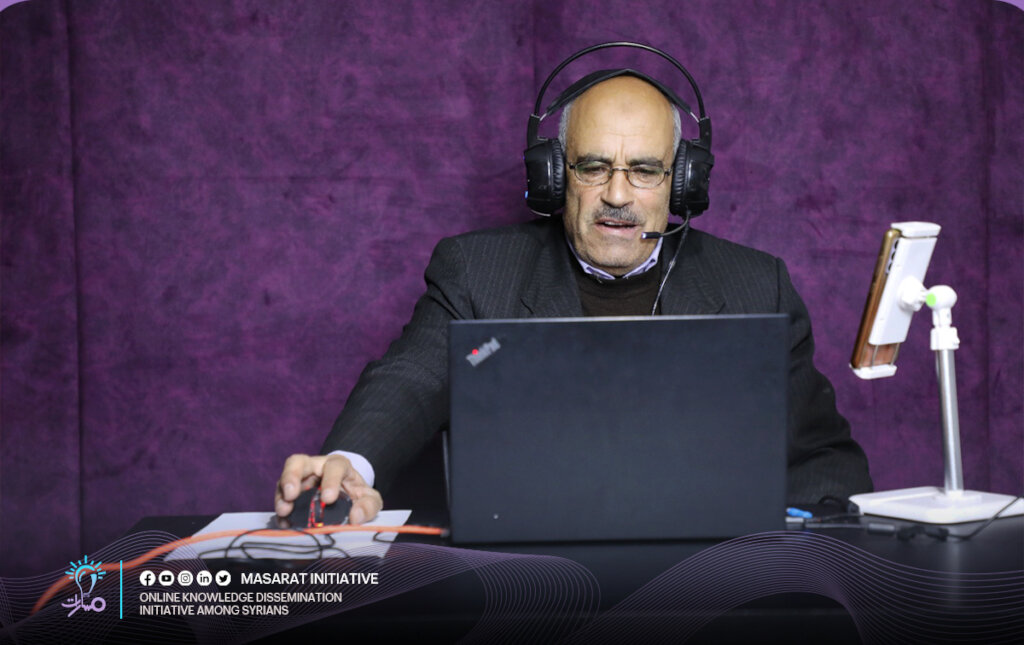Zakat: One of the Five Pillars of Islam, Zakat is a fundamental pillar of Islam, essential for fostering social cohesion and solidarity. Allah says: {And establish prayer and give Zakat and obey the Messenger – that you may receive mercy}. This act of worship creates a balance in society, enabling the wealthy to support the poor.
Zakat is a specific amount of wealth that a Muslim must distribute to eligible recipients, following the prescribed categories of Zakat.
Zakat signifies growth, purification, righteousness, and blessing. It purifies both wealth and souls, as the Prophet Muhammad (peace be upon him) instructed its payment, outlining its conditions, rulings, and eligible recipients.
What is Corporate Zakat and When is it Due?
If a company’s assets are for trade, such as land, cars, houses, or goods, and a full year passes without selling them while they continue to be part of the trade, awaiting profit, Zakat becomes obligatory on them.
If the company invests its capital in fixed assets not intended for sale, Zakat is only due on the income generated from these assets if it reaches the Nisab (minimum amount for Zakat) and a year passes.
Zakat for companies is due after a full lunar year (Hijri year) has passed on the wealth. The year begins when the wealth reaches the Nisab, equivalent to 85 grams of gold or its cash or goods equivalent, with 2.5% of this amount to be given as Zakat.
How to Calculate Zakat A-Mal for Corporate
For trading companies, Zakat A-Mal is calculated as follows:
- For trading companies that deal in goods, the value of the goods is assessed at the end of the lunar year. Then, the cash available in the company or bank accounts, and the receivables expected to be collected are added. One-quarter of one-tenth (2.5%) is then deducted from the total amount.
- If the company does not trade in goods but undertakes projects that generate income, at the end of the lunar year, it assesses its cash and the receivables expected to be collected, and then deducts one-quarter of one-tenth (2.5%) from the total amount.
Through Masarat Initiative, you can direct your corporate Zakat to support truly deserving students in northern Syria who have had to leave their studies to secure their livelihood. Masarat vision stems from a deep belief in the power of knowledge to shape the future of individuals and communities, aiming to provide a unique, innovative educational experience, accessible to every student whose circumstances have hindered their education.
Calculating Trade Goods Zakat for Companies
Zakat on trade goods, gold, silver, and local currencies is calculated at 2.5%. For example, if your capital is 100,000 and you earn another 100,000 over the year, with this profit distributed unevenly across the months (some months having high profit, some low, and some none), at the end of the lunar year, you total all your liquid assets and goods. If the total is 200,000, you need to pay 2.5% of this amount. This is how Zakat on trade goods for companies is calculated.
Paying and Allocating Corporate Zakat
The eligible categories for corporate Zakat are the same as those mentioned by Allah, which dictate how Zakat is to be paid and to whom. These eight categories are:
- The poor who do not have enough funds.
- The needy who have some funds but not enough to avoid asking for help.
- Zakat workers who are involved in collecting and distributing Zakat.
- Those whose hearts are to be reconciled (new Muslims or those close to becoming Muslims).
- Captives and slaves needing to be freed.
- Debtors who cannot repay their debts.
- In the cause of Allah.
- The stranded traveler in need in a foreign land.
Through Masarat Initiative, you can direct your corporate Zakat to support our people in northern Syria. They struggle to provide their children with the means to complete their education, forcing them to leave their studies. With your Zakat and donations, Masarat can help them return to the path of education without any financial burden, facilitating their learning process with all available means and technologies, making education easy, enjoyable, and accessible for every student.
Corporate Zakat in the Stock Market
Shares represent ownership stakes in joint-stock companies and are subject to Zakat if they are intended for trade or investment, have reached the Nisab, and a lunar year has passed on them. The method of calculating Zakat on shares varies depending on their type, purpose, and value.
Rulings on Corporate Zakat
The provisions of Zakat on companies may vary according to the type of company, including:
Zakat for a Joint-Stock Company
If a Muslim owns a company or is a partner in one, the Zakat for this company is on the capital and the annual profit, calculated at one-quarter of one-tenth (2.5%) if a lunar year has passed on the capital.
Zakat for Labor Companies
Labor companies consist of two or more individuals who share the earnings from their manual labor. Each member must pay Zakat on their earnings.
Zakat for Partnerships
Partners in a business must each pay Zakat on their share if a lunar year has passed on it and it has reached the Nisab, even if combined with other cash or trade goods.
Zakat for Mixed and Purely Islamic Companies
The Zakat rate for mixed and purely Islamic companies is 2.5% (one-quarter of one-tenth). This percentage can be calculated by dividing the total amount by 40.
Zakat for Partnership Companies
Each partner must pay Zakat on their share if it reaches the Nisab and a lunar year has passed since they acquired it. Partners’ funds are not combined to complete the Nisab.
Zakat for Commercial and Service Companies
If the company does not deal with goods but provides services, Zakat is due on the profit if it reaches the Nisab and a lunar year has passed on it.
Zakat on Solidarity Companies
As a general rule, for Zakat on solidarity companies, Zakatable assets must be inventoried, goods evaluated, cash added, and expected receivables considered. Debts are then subtracted. If the remaining amount reaches the Nisab, it must be purified by paying 2.5%.
Zakat for Service Companies
If the company does not deal with goods but focuses on providing services, Zakat is due on the profit if it reaches the Nisab and a lunar year has passed. If the company’s revenue alone or combined with other cash reaches the Nisab, Zakat is obligatory.
Vehicle Trade Companies
Sheikh Ibn Baz was asked if vehicles used for transporting goods are subject to Zakat. He answered that such vehicles, intended for transport and use, are not subject to Zakat. However, if the vehicles are for sale, they are considered trade goods, and Zakat is obligatory on them at 2.5%.
Masarat: Your Safe Path to Ensure Your Zakat Reaches Those in Need
Masarat is an educational initiative aimed at empowering individuals with the necessary skills and knowledge to lead dignified lives. Masarat achieves this through an integrated knowledge system that helps students advance academically and skillfully, offering four main programs: school education, student activities, academic advising, and vocational training.
Through Masarat, you can send your corporate Zakat to support the educational journey of students whose studies were disrupted in northern Syria. Your support ensures their continuation and serves as a guiding light for them to leave a positive mark in building a safe, progressive society, with your benevolence being a significant part of this process.
Contact us now to gain the rewards of this world and the hereafter, embracing the words of the Prophet Muhammad (peace be upon him): “Whoever calls others to guidance will have a reward equal to those who follow him, without their rewards being diminished in any respect.” (Muslim).








